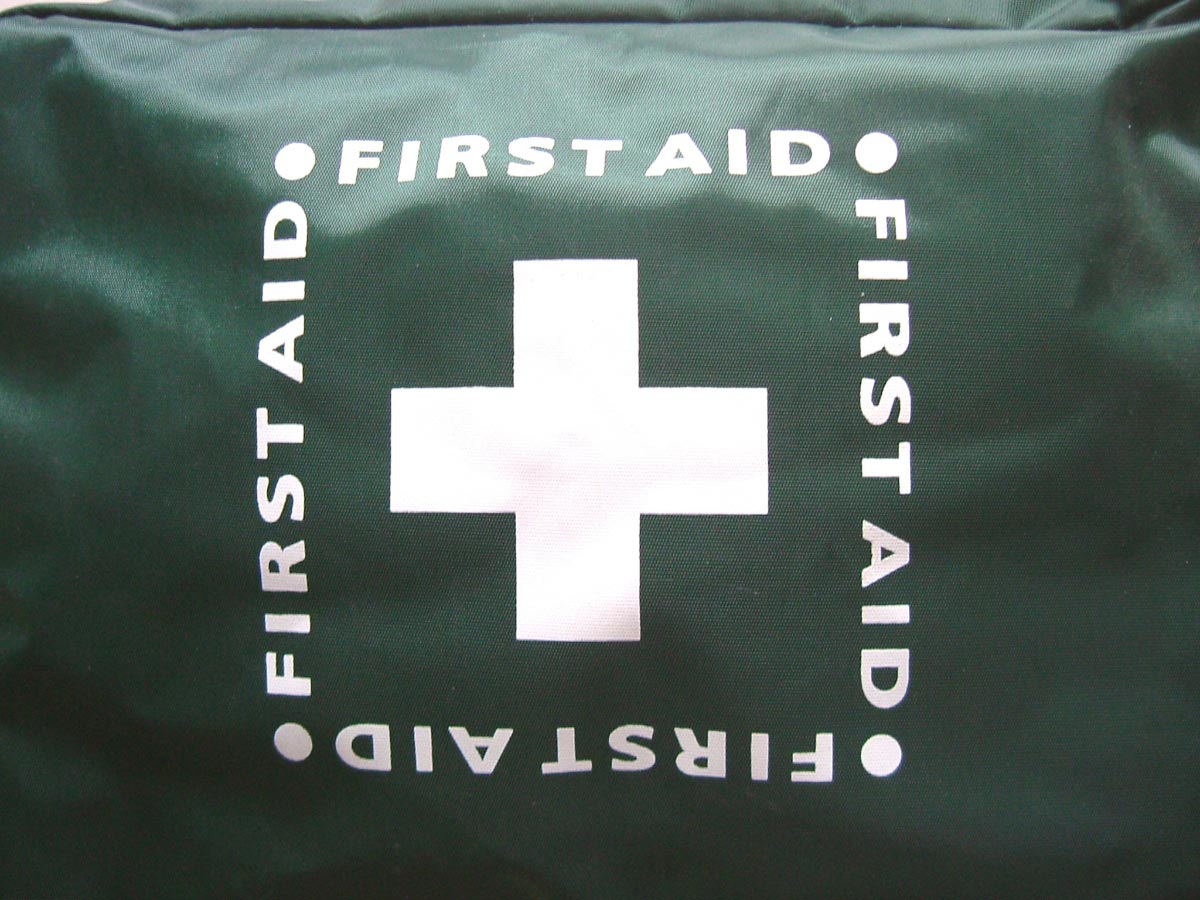
Advertisement
(Bugout.news) Let’s face it, most preppers have little-to-no medical training whatsoever, yet they are quick to buy massive first aid kits that contain all sorts of fancy equipment they don’t know how to use and will likely never need.
What’s more, fancy kits still won’t do much to help you if you encounter someone with a very serious injury or ailment. It won’t matter how many bandages you have that chemically assist in stopping bleeding if the injury you’re dealing with requires surgery to repair. And it won’t matter how many air splints and other immobilization devices you’re packing if the problem you’re dealing with is a heart attack or stroke.
The thing is, in a societal collapse scenario some people are going to die because there won’t be any way to take care of them when they have a heart attack, are shot or trampled in a riot, or suffer a major system failure from infection or a long fall.
That said, there are some very handy, very basic first aid supplies that you definitely should learn about and carry with you at all times because most medical problems you encounter are going to be minor in nature.
Bandages – Basic wraps and absorbent bandages like 4×4’s, 2x2s, bandage wraps and all sizes of band-aids are all you really need [Editor’s note: We are not selling these; the links are for your convenience]. Think, too, about some battle dressings. You can also put female feminine products in your first aid kit, as they are very absorbent (and serve a hygiene purpose as well).

Another good basic addition is a pair of trauma shears – these cut through anything (including coins) but are great for bandages, cutting away clothing, etc.
Also, make sure you pick up some medical tape as well; there are different kinds (in terms of width, stretchiness, etc.). All of these items store for years if you keep them cool and dry and will come in handy more often than you’ll want them to if your situation really turns bad.
In addition, you’ll want a variety of so-called Ace bandage wraps, for sprains and other forms of splinting. And believe it or not, a role of clear plastic food wrap is useful to help keep bandages dry.
Basic remedies – These will topical and oral medications and lotions you can purchase over-the-counter, like bottles of aspirin/Tylenol/ibuprofen, to relieve aches, pains and inflammation from headaches, injuries and even sunburns. Also consider:
— Lip balm
— Aloe/sunburn cream
— Allergy tablets
— Any prescription medications you already take
This is really basic, of course, but again, you don’t want to be packing a bunch of stuff that that merely takes up room. The idea is to pack smart, not heavy.
A good option to begin with is this medical insert pack, which is very affordable and portable (again, we’re not selling these – the link is for your convenience). There are many different models available.
Now, the next thing to do is learn how to use them. Here is a short instructional video of how to bandage various injuries:
Bugout.news is part of the USA Features Media network.
Submit a correction >>
Advertisement
Advertisements















